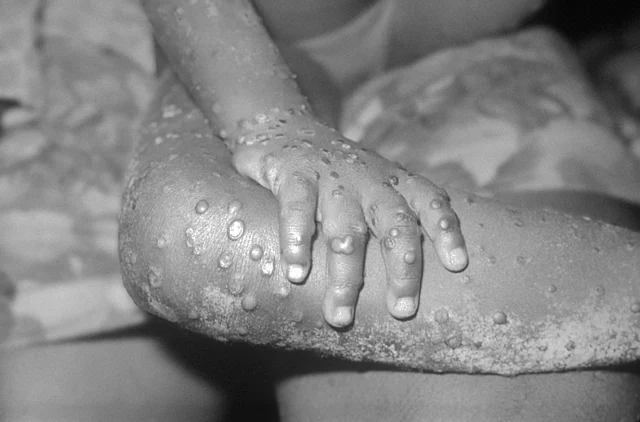The World Health Organisation (WHO) has advised countries affected by mpox to launch vaccination plans in areas experiencing outbreaks.
The heart of the current mpox outbreak lies in the Democratic Republic of Congo (DRC) and surrounding countries, including Burundi, Kenya, Rwanda, and Uganda.
On 14 August, the WHO declared mpox a health emergency.
Mpox, also called monkeypox, is a viral illness that can spread from animals to humans or through close physical contact between humans. Symptoms include fever, muscle pain and skin rash.
The WHO had previously recommended affected countries to formulate action and monitoring plans following an mpox outbreak in 2022.
Additional guidance from the UN agency now targets nations experiencing a resurgence of the pandemic, such as the DRC, Burundi, Kenya, Rwanda, and Uganda.
They are advised to develop a vaccination strategy for areas where cases have emerged, conduct cross-border monitoring of suspected cases and provide advice for travellers and transport companies.
The DRC’s Health Minister, Samuel-Roger Kamba, expects the first vaccines to arrive next week. His country has borne the brunt of the outbreak, with over 16,700 recorded cases and some 570 deaths since the start of the year.
The United States has pledged 50,000 doses and Japan has promised 3.5 million doses for children.
The DRC aims to vaccinate four million individuals, including 3.5 million children, out of a total population of about 100 million.
The disease has been increasingly infecting young people, according to the Health Minister.

